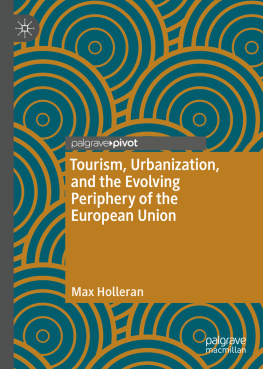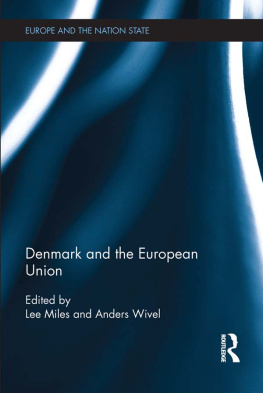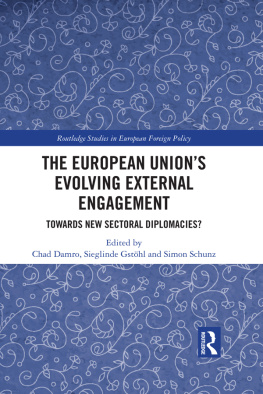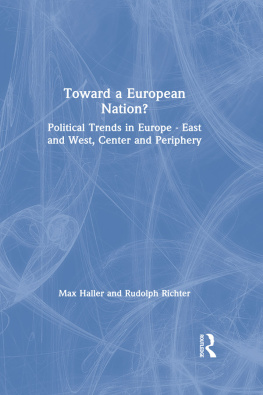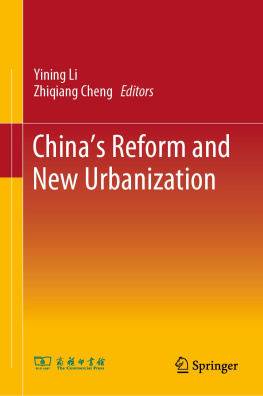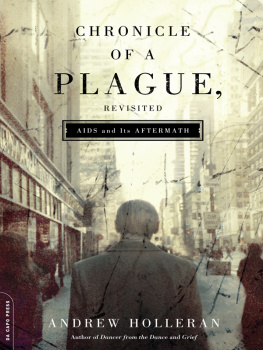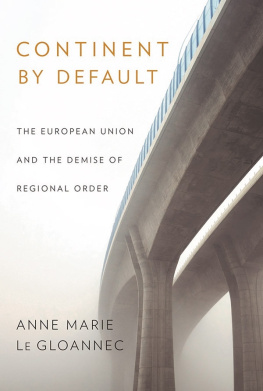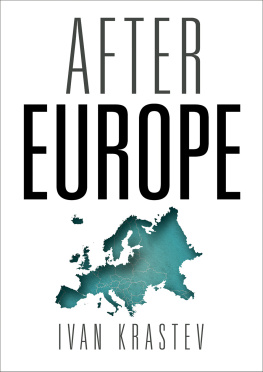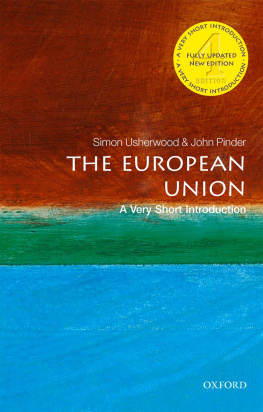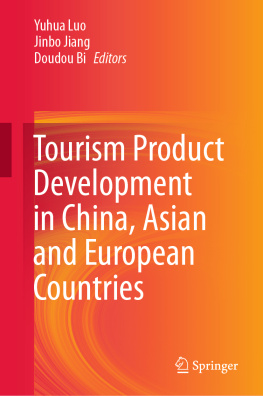Max Holleran - Tourism, Urbanization, and the Evolving Periphery of the European Union
Here you can read online Max Holleran - Tourism, Urbanization, and the Evolving Periphery of the European Union full text of the book (entire story) in english for free. Download pdf and epub, get meaning, cover and reviews about this ebook. year: 2020, publisher: Palgrave Macmillan, genre: Politics. Description of the work, (preface) as well as reviews are available. Best literature library LitArk.com created for fans of good reading and offers a wide selection of genres:
Romance novel
Science fiction
Adventure
Detective
Science
History
Home and family
Prose
Art
Politics
Computer
Non-fiction
Religion
Business
Children
Humor
Choose a favorite category and find really read worthwhile books. Enjoy immersion in the world of imagination, feel the emotions of the characters or learn something new for yourself, make an fascinating discovery.
- Book:Tourism, Urbanization, and the Evolving Periphery of the European Union
- Author:
- Publisher:Palgrave Macmillan
- Genre:
- Year:2020
- Rating:5 / 5
- Favourites:Add to favourites
- Your mark:
- 100
- 1
- 2
- 3
- 4
- 5
Tourism, Urbanization, and the Evolving Periphery of the European Union: summary, description and annotation
We offer to read an annotation, description, summary or preface (depends on what the author of the book "Tourism, Urbanization, and the Evolving Periphery of the European Union" wrote himself). If you haven't found the necessary information about the book — write in the comments, we will try to find it.
Max Holleran: author's other books
Who wrote Tourism, Urbanization, and the Evolving Periphery of the European Union? Find out the surname, the name of the author of the book and a list of all author's works by series.
Tourism, Urbanization, and the Evolving Periphery of the European Union — read online for free the complete book (whole text) full work
Below is the text of the book, divided by pages. System saving the place of the last page read, allows you to conveniently read the book "Tourism, Urbanization, and the Evolving Periphery of the European Union" online for free, without having to search again every time where you left off. Put a bookmark, and you can go to the page where you finished reading at any time.
Font size:
Interval:
Bookmark:
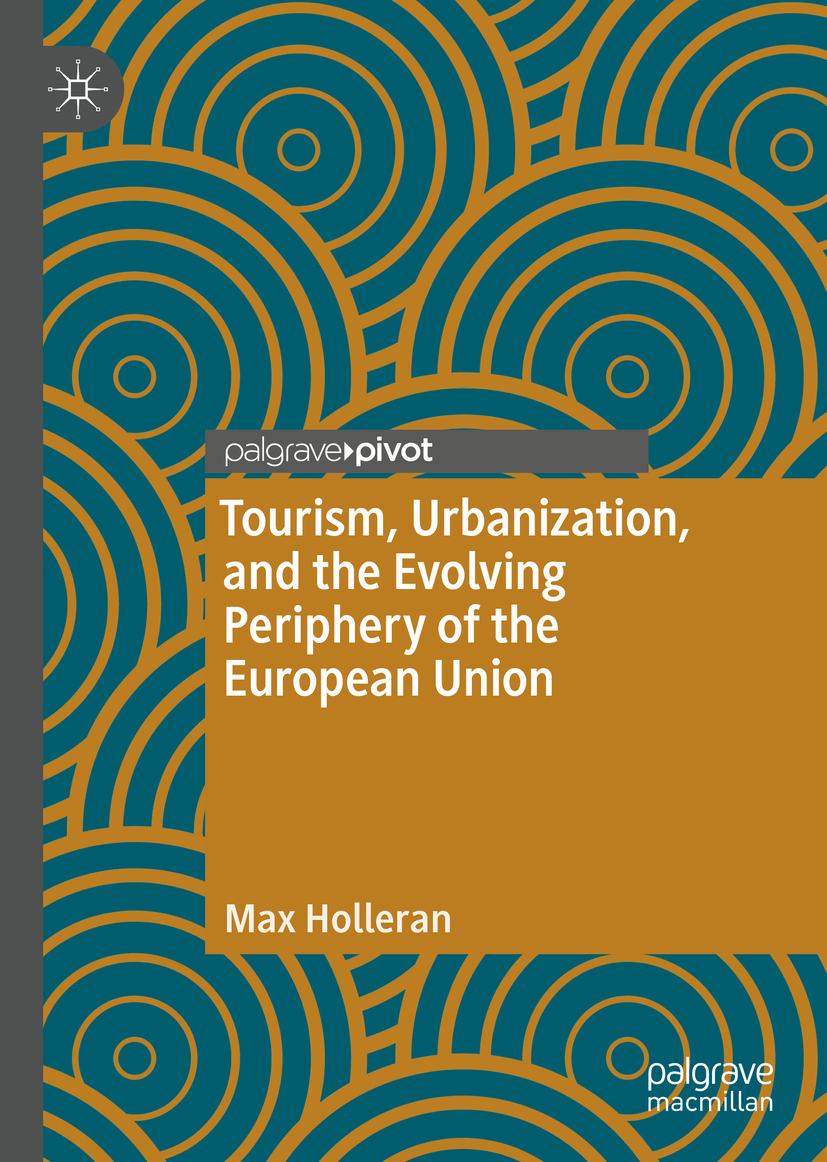

Cover illustration: Pattern John Rawsterne/patternhead.com
This Palgrave Pivot imprint is published by the registered company Springer Nature Singapore Pte Ltd.
The registered company address is: 152 Beach Road, #21-01/04 Gateway East, Singapore 189721, Singapore
This original and timely book insists that we cannot see the crisis of the EU-modernization project only by looking at its institutional core. Emerging from a geographically ambitious project that explored the connections in cultures of leisure and tourism between southern and eastern Europe, this book charts the rise and fall of hopes of the development and convergence as a transnational and comparative story as seen from the continents peripheries.
James Mark, Professor of History, University of Exeter
The early development of the European Union (EU) was a post-national project that was both political and economic: the EU was meant to bolster European democracy by de-intensifying nationalism, supporting the rule of law, and, most of all, opening internal borders to trade and migration. This book examines how the tourism industry played a key role in that mission as a means to reinvigorate laggard economies as well as a symbol of borderless Europe. Using the two successive cases of Spanish and Bulgarian democratization, integration into the EU, and rapid growth in mass tourism, the project examines how urbanization for tourism was encouraged by the EU cohesion process and how it was interpreted by local residents in coastal areas.
Tourism, Urbanization, and the Evolving Periphery of the European Union investigates the paradoxical place of tourism in urban economies through comparative case studies of Spains Costa Blanca, after the death of Francisco Franco in 1975, and Bulgarias Black Sea Coast after 1989. Drawing on participant observation in coastal communities in the two countries, 150 interviews with developers, architects, and tourism promoters, and analysis of a broad range of primary and secondary written sources, the book shows how intra-European tourism and EU-funded urbanization helped new democracies cast off previous conceptions of living on the political and economic edges of Europe. Local residents first interpreted the ludic spaces produced for tourists by state-developer partnerships as colorful signs of the end of political isolation. However, the economic and political crisis of 2008 profoundly undermined these cities sense of European integration due to corruption, overbuilding, and environmental harm.
In both cases, the aesthetics and international milieu of new leisure spaces, the rapid urbanization of rural lands, and the uneven enforcement of environmental policy were physical changes that were symbolically linked to the political forces of European integration and flows of visitors and capital. I develop the concept of peripherality as a social experience while also tying it to the EU policy prerogative of creating post-national Social Europe, a project currently in dismal condition. Emphasizing that the development of the EU has always been tied to a modernization drive of the near-periphery, fueled by the legacy of dictatorship and communism, I show how residents and those involved in the construction industry reacted to the dramatically changing built environment, both during boom years and after the onset of the 2008 sovereign debt crisis.
The book adds to literature in urban sociology on the experience of living in rapidly growing leisure cities with increasingly cosmopolitan demographics. While the work engages closely with the specificities of the European context, it speaks to the broader global tendency of cities to seek, in tourism and leisure, an elusive integration with hyper-competitive global markets.
I would like to thank the faculty of the Sociology Department at New York University (NYU) where this book was born out of my dissertation. My committee members, Gianpaolo Baiocchi, Craig Calhoun, and Lynne Haney, provided outstanding support in my development as a scholar and I am particularly thankful to my advisor, Eric Klinenberg, who shepherded this project to completion. I would also like to thank Iddo Tavory, Neil Brenner, Ruth Horowitz, Tom Sugrue, and George Schulman. I am indebted to the academic community who I worked and studied with at NYU, in particular my fellow graduate students: Daniel Aldana Cohen, Michael Gould-Wartofsky, Caitlin Petre, Anna Skarpelis, Hillary Angelo, Adaner Usmani, David Wachsmuth, Max Besbris, Shelly Ronen, Liz Koslov, Abigail Weitzman, Ned Crowley, Robert Taylor, Naima Brown, Jacob Faber, Michelle OBrien, Adam Murphree, Ihsan Ercan Sadi, Hassan El Menyawi, and Francisco Vieyra. Also, thanks to Gordon Douglas, Becky Amato, Cristel Jusino Daz, Cengiz Haksoz, Mariya Ivancheva, Diana Petkova, Sophie Gonick, Maria Veleva, and Orlin Manolov.
I appreciate the editors of Contemporary European History , Radical History Review , and City & Society who have permitted the reprinting of materials that originally appeared in article form in those journals.
I am exceedingly thankful for the gracious support of my friends who listened to my ideas and talked me through fieldwork: Julianne Chandler, David Snchez Timn, Pedro Rodriguez, Alejandro Lopez, Lauren Roberts, Roy Kimmey, Elana Resnick, Brett Miller, Megan Lessard, Helen Mastache, Laura Graber, Ignacio Hinojosa, Seth Prins, and Sangita Vyas. The biggest thanks is for my family for their unwavering support: Tia Lessin, Carl Deal, Michael Holleran, James Grunberger, and Sam Holleran.
Font size:
Interval:
Bookmark:
Similar books «Tourism, Urbanization, and the Evolving Periphery of the European Union»
Look at similar books to Tourism, Urbanization, and the Evolving Periphery of the European Union. We have selected literature similar in name and meaning in the hope of providing readers with more options to find new, interesting, not yet read works.
Discussion, reviews of the book Tourism, Urbanization, and the Evolving Periphery of the European Union and just readers' own opinions. Leave your comments, write what you think about the work, its meaning or the main characters. Specify what exactly you liked and what you didn't like, and why you think so.

